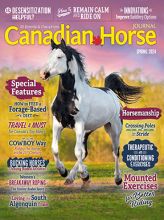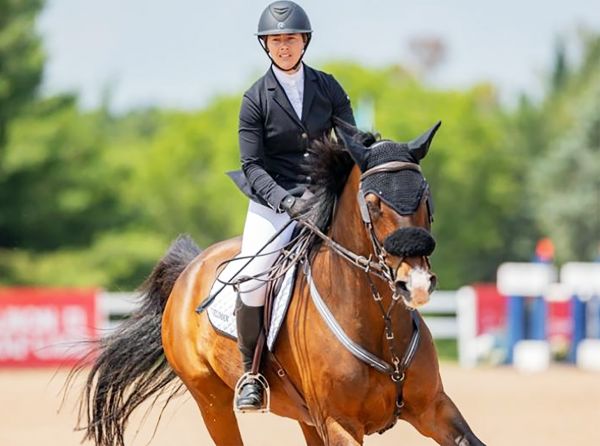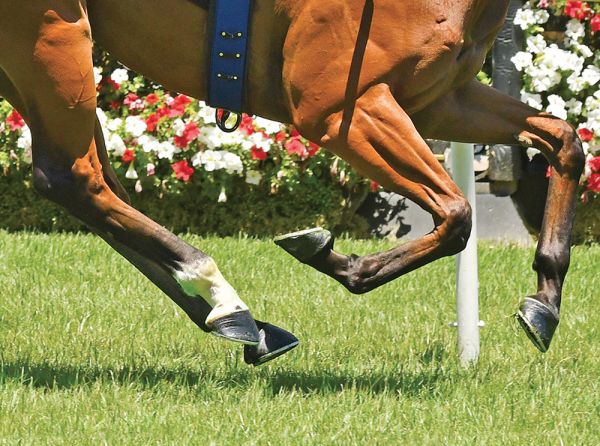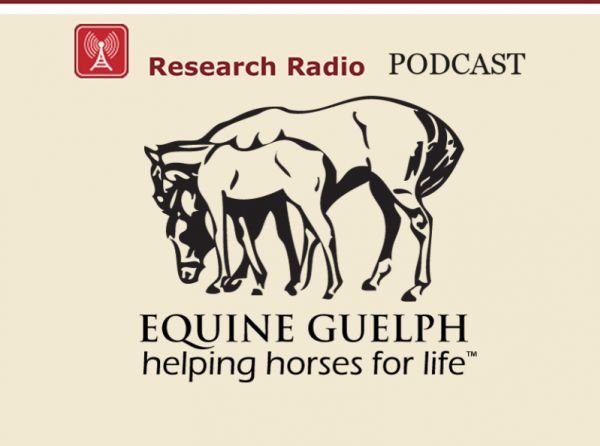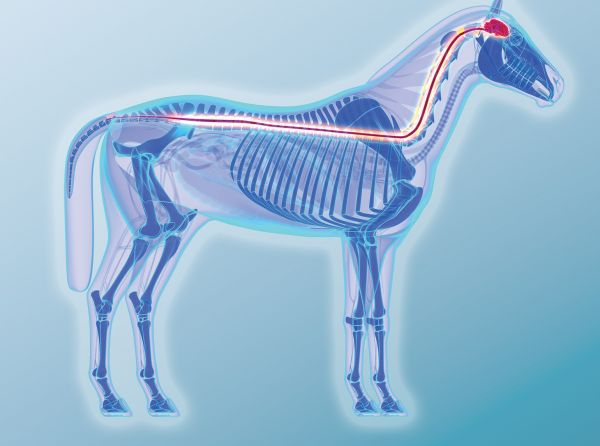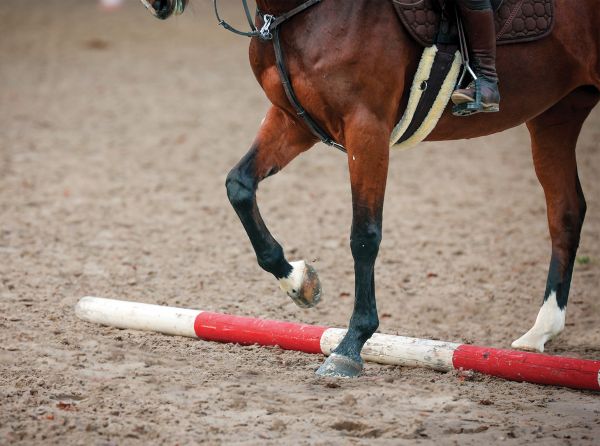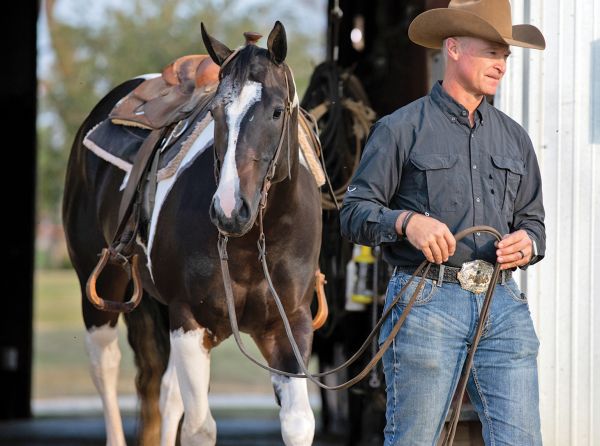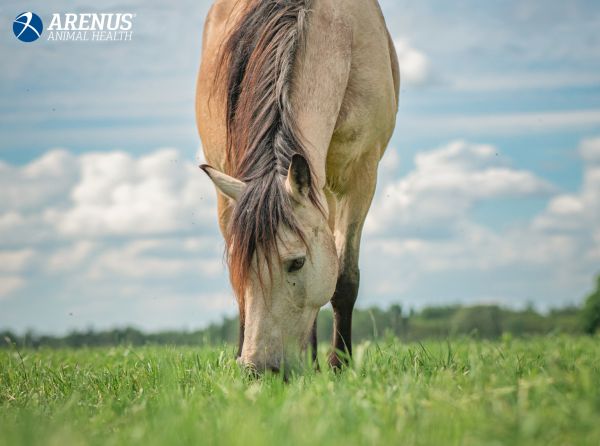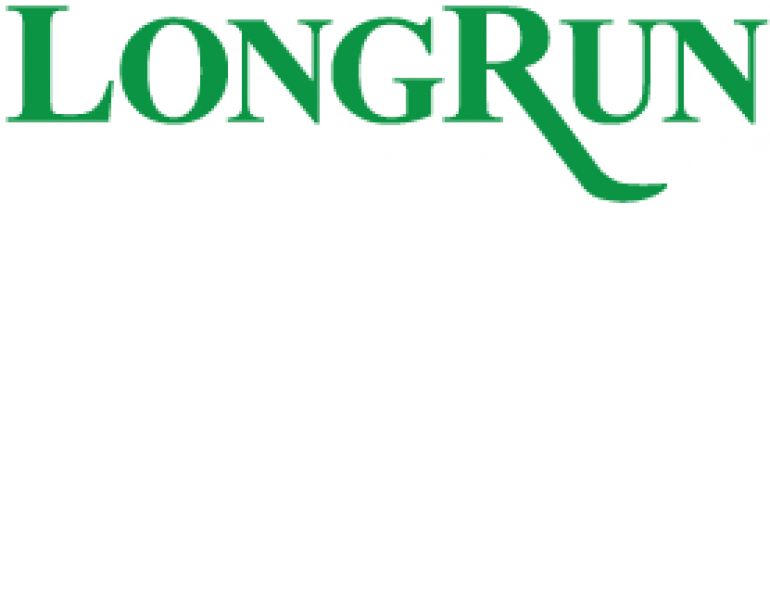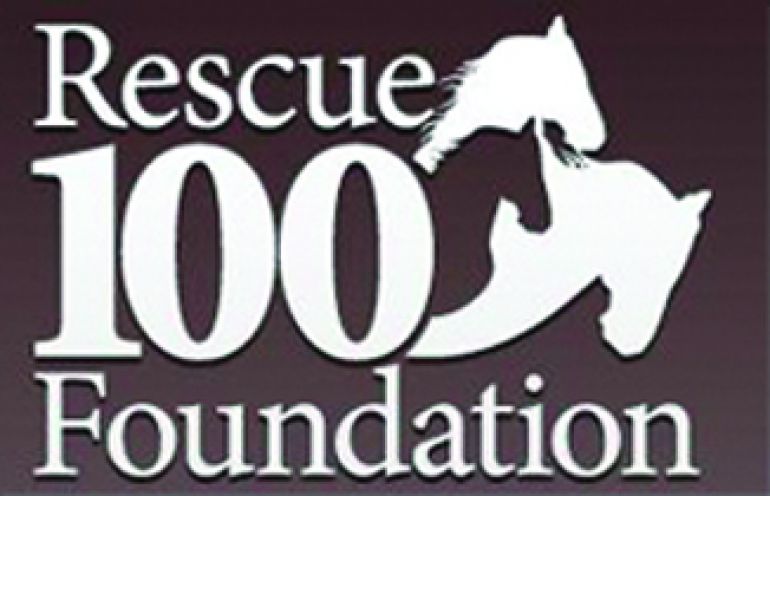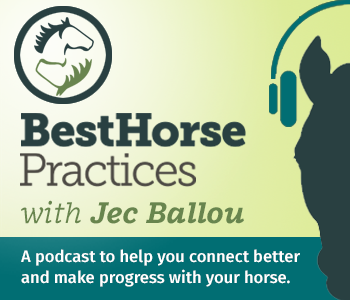By Kentucky Equine Research
For retired horses standing in the field all day, grass may supply all the nutrients needed for energy and tissue maintenance. If a horse does much more than this, however, it might need feed supplements to make up dietary deficiencies related to training, performance, or reproductive state. With so many feed supplements on the market, however, it may be difficult for a horse owner or trainer to determine what a particular horse needs and how to supply it.
How do I know whether my horse needs supplements?
Because feeding and exercise vary considerably among horses, every equine has individual dietary needs. A ration evaluation is required before you can determine what extra nutrients are needed. Blood tests can offer guidance as to the need for supplementation, but there are many factors that can influence results.
If a ration evaluation indicates your horse’s diet is deficient in several areas, you may not know where to go from here. There are all sorts of supplements and feed additives in catalogues and at feed stores. What to choose depends on what your horse is lacking. The deficiency could be in one or more of the following areas:
Energy — Horses in an intense exercise program need extra energy for work. If energy levels are not high enough, horses show a drop in performance and may lose weight. If a horse is too thin before beginning an exercise program, it needs to consume much more energy as work is gradually increased. One of the best energy supplements is fat, which can be added to the horse’s current diet in the form of vegetable oil, rice bran, or high fat feeds. Adding fat is a safer way to boost caloric intake than increasing grain consumption. Fat doesn’t overload the digestive system with carbohydrates, thus minimizing the risk of colic, laminitis, and hindgut acidosis.
Electrolytes — The key electrolytes are those lost in greatest quantities in sweat: chloride, sodium, and potassium. Feeding plenty of hay helps to provide sufficient potassium, and access to a free choice salt block offers horses a chance to add to their sodium and chloride intake. However, hardworking horses that sweat freely may need more of these critical substances to avoid fatigue, overheating, and a drop in performance.
Horses in intense exercise programs need extra energy for work and require electrolytes to replenish those lost in sweat. Photo: River Bend Designs
Be sure to read the product label when selecting an electrolyte for your horse. Some products contain high levels of sugar and other fillers, diluting the amount of electrolytes they deliver. Products delivering sodium, chloride, and potassium will help your horse more than those loaded with sugar.
Minerals — The development and maintenance of a strong skeleton depend on the proper amounts of the macrominerals calcium and phosphorus as well as the ratio between them (about 1.5 units of calcium to one unit of phosphorus for young horses; the ratio should never go below 1:1 or over 2.5: 1 in the total diet). Therefore, boosting intake of one mineral and neglecting the other is a recipe for disaster. Alfalfa hay is a good source of calcium, while grain meals and rice bran are loaded with phosphorus. To supply the correct amounts and ratios, check results of a ration evaluation and, if needed, use a supplement that keeps the total diet in balance. Some minerals (copper, zinc, manganese, iodine, selenium, chromium) are needed in smaller amounts but are still quite important in the diet, especially for horses performing heavy exercise. In general, chelated minerals are absorbed most efficiently by horses, but they are more expensive than non-chelated mineral forms. If in doubt, ask the provider whether an inexpensive supplement includes chelated minerals; if the answer is no, you may be wasting your money and cheating your horse.
While parameters for some minerals are fairly broad, other minerals such as iodine and selenium are dangerous if intake becomes excessive. Don’t assume that more is better; check product labels and choose a mineral supplement that offsets the deficiencies identified by a ration evaluation conducted for your horse.
Vitamins — Vitamins are necessary for support of growth, body maintenance, and the demands of exercise. Premium feeds are usually formulated to provide adequate vitamin levels for the average horse, but some requirements are increased in horses that perform vigorous exercise. Vitamin E, for example, is needed in the amount of around 1000 IU per day for hardworking horses. A ration evaluation can indicate the correct level for your horse according to his particular exercise plan. Natural vitamin E is absorbed much more efficiently than synthetic vitamin E. The natural form is also more expensive to include in a supplement. Again, check the product label — an inexpensive vitamin supplement won’t help your horse if the active ingredients can’t be readily absorbed and used.
Extra Protein and Iron
Dr. Peter Huntington, an equine nutritionist at Kentucky Equine Research, says, “Protein deficiencies are unlikely in most horses, as protein requirements for mature horses are easily met with normal feedstuffs. If a horse is meeting his energy needs, that usually means he will meet protein needs as well.” It’s expensive, and probably unnecessary, to boost protein levels with a supplement, especially if the horse is eating alfalfa hay or getting a feed that includes soybean meal. Both are good sources of high quality protein.
Age and breeding status can change nutrient requirements. Broodmares and foals, for example, have increased nutrient requirements for lactation and growth, respectively.
As for iron, Huntington cautions, “Unless a horse has lost a lot of blood or has a serious medical condition, it will not be lacking iron. Poor blood counts are due to other factors, so don’t waste a lot of time and money on iron supplements. Excess iron can interfere with the metabolism of other minerals and vitamins, and will do more harm than good.”
Supplement Basics
Have a ration evaluation done before assuming your horse needs any extras. Remember that fortified feeds may meet his requirements as long as you feed according to package directions. If you don’t want to feed the recommended amount because your horse doesn’t need the calories in a prepared feed, consider using a balancer pellet that offers protein, vitamins, and minerals without the carbohydrates that come with grain. The same idea holds true for supplements: if the package says to feed a scoop a day, don’t try to economize by feeding half a scoop or feeding only a few times a week.
Many supplements are available in a variety of forms such as powders, liquids, pellets, or granules. It’s worth experimenting to see which form appeals to your horse. Ask your feed dealer or supplement supplier for help with this. Store supplements in tightly closed containers out of reach of horses and stable pests, and purchase only the amount of product you will use before the expiration date.
Compare the cost and usage directions against product concentration or amount of the desired substance. An inexpensive product may have only a low percentage of the active ingredient, and you may not get as many days of use as with a more concentrated product that comes in a smaller container.
Finally, don’t expect an overnight turnaround in your horse’s energy, performance, or appearance when you begin to use a supplement. Results will more likely be seen gradually over a period of several weeks or months.
Main photo: A ration evaluation can tell you whether your horse's diet meets his nutritional needs. If a supplement is required, choose one that targets the specific deficiency in the diet. Pam MacKenzie Photography


